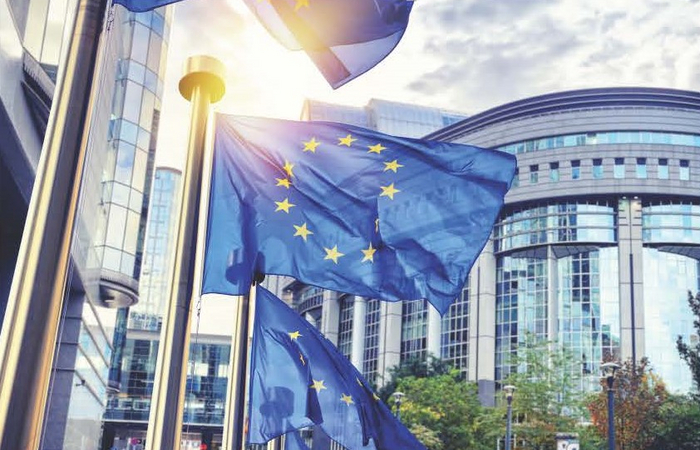The European Parliament
briefly explained...
The European Parliament (EP) is generally referred to as the “most democratic” of the
many EU institutions because it has been elected directly since the year 1979. The
elections for the European Parliament are held every five years. Every country organizes
its own elections and sends a certain number of representatives, depending on the
population.
The smallest countries currently send a minimum of six representatives, while the largest
send a maximum of 96. However, the EP is to be reduced after the next election from
751 to 705 seats due to Brexit. Austria’s seats in the EP would then increase from a
current 18 to 19. In view of the fact that Great Britain has not yet left the Union, it is
unclear whether these changes will take effect already for the European election in May
2019.
Similar to the Austrian National Assembly, the members of the European Parliament
organize into political factions and not on the basis of member states, although in the
ideal case they should represent the interests of their home country and its citizens.
Nevertheless, in contrast to national parliaments, the EU Parliament has no right of
initiative. The proposed legislation comes from the Commission and must be approved
by both the EP and the Council of the European Union. The EP can only request the
Commission to engage with a certain issue.
Plenary sittings of the EP are held twelve times per year in Strasbourg, while the
committees meet in Brussels, and the administration is primarily located in Luxembourg.
The head of the Freedom Party delegation, Harald Vilimsky, and many other
representatives refer to this situation as a “traveling circus that costs the taxpayers
roughly 125 million euros per year”. They call for the parliamentary sites to be merged.
Link to more information: http://www.europarl.europa.eu/portal/en
